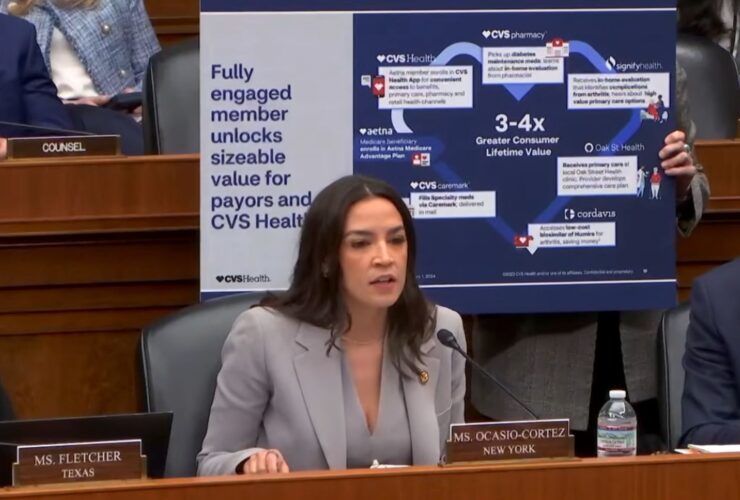The Importance of Diversity in Research and Clinical Trials to Produce Effective Vaccines
Washington, D.C. (August 31, 2020) — The Black Women’s Health Imperative (BWHI) recognizes the importance of immunizations, by raising consciousness and reinforcing that many diseases can be prevented by proper vaccination, which can ultimately safeguard the health and well-being of our communities. This year, in light of the coronavirus pandemic and the worldwide effort to find a vaccine, it is critical that BWHI address the need for a more inclusive and diverse researchers and participants in COVID-19 research and clinical trials.
The coronavirus pandemic has disproportionately affected communities of color. According to federal data issued by the Centers of Disease Control and Prevention (CDC), Black and Latino people have been three times as likely as white people to become infected with COVID-19 and twice as likely to die. Research shows that Blacks make up about 13% of the U.S. population, but on average, only 5% of all clinical trial participants. For Hispanics, trial participation is about 1% on average, though they account for about 18% of the population. Black and brown researchers make up less than 4% of NIH funded scientists.
Diversity in studies and trials are key. However, the earliest human studies of Covid-19 vaccines didn’t prioritize racial diversity. In the Moderna trial, run by the National Institute of Allergy and Infectious Diseases, or NIAID, 40 of 45 participants were white. In July, the University of Oxford reported that a clinical trial of a vaccine it is developing with Astra Zeneca, was comprised of more than 1,000 healthy adults, of which 91% were white, with about 5% Asian and less than 1% black.
Clinical trial participation by people of color is hindered by poorer-quality health insurance that doesn’t cover the time and expense of taking part in a drug trial, as well as issues of medical mis-trust stemming from a legacy of unethical and forced drug experiments.
The issue of medical mistrust among communities of color “is entirely justified, if you go way back,” said Linda Goler Blount, President and Chief Executive Officer, of BWHI. These sentiments are qualified by the longstanding history of abuse stemming from the experiments of J. Marion Sims on enslaved women, to the exploitation of Henrietta Lacks whose cells were productized in her name to developed a series of groundbreaking treatments including the polio vaccine to in–vitro fertilization, and the unethical treatment of the men in the Tuskegee study in an effort to study the long-term effects of syphilis.
What happens is this is in the lore,” Goler Blount said. “So even though there are African Americans who weren’t even alive when Tuskegee was happening, they hear about it. And they have their own experiences of doctors not recommending certain treatments, or being mistreated in the medical setting.” It is paramount that there is racial, ethnic and gender diversity in clinical trials to ensure that drugs and vaccines work for everyone. Otherwise, the consequence could be that some therapeutics and vaccines aren’t as effective for certain populations.
In order to help achieve inclusion and diversity in research and clinical trials, BWHI has been involved in outreach for the National Institutes of Health’s All of Us Research Program (All of Us), since its launch in 2018. To date, more than 200,000 Americans have enrolled and many participants have been women of color. BWHI is also the lead organization in the Trained Empowered Advocates for Community Health (Healing) (TEACH) program, a partnership with Stand Up 2 Cancer and Friend of Cancer Research, which will educate the everyday woman on what clinical research is and how to participate as well as train researchers on respectful inclusion of patients of color in their trials. Researchers will use the data collected to study many different diseases and conditions. It is essential that communities of color are active participants in studies because the data informs how federal, state, and local governments address health disparities and public health threats. To acknowledge and actively engage communities of color in research and clinical trials would be to ensure effective and safe treatments for all Americans.




